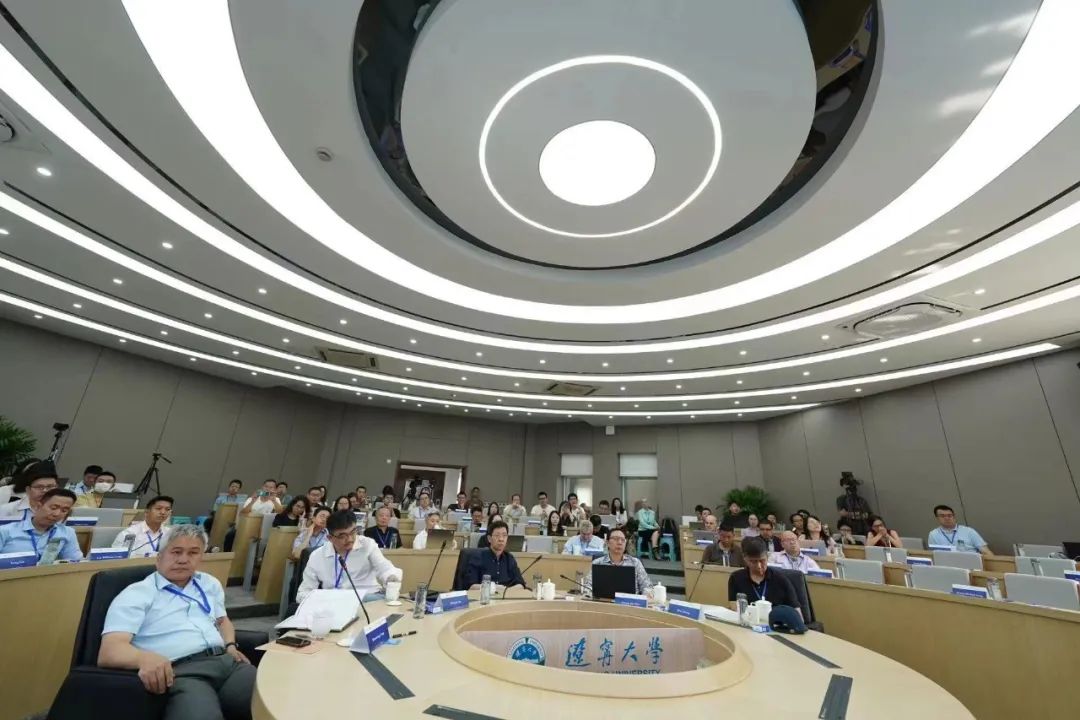On August 22 and 23, 2024, the National Bureau of Economic Research (NBER) Chinese Economic Working Group 2024 Autumn Meeting was successfully held at Puhe Campus of Liaoning University (LNU). The meeting focused on discussing cutting-edge issues in the fields of macroeconomics and finance, attracting experts and scholars from more than 30 top universities around the world. Universities included Harvard University, Massachusetts Institute of Technology, Stanford University, Princeton University, Columbia University, University of Pennsylvania, Cornell University, Emory University, University of Colorado, National University of Singapore, Hong Kong University, Chinese University of Hong Kong, Hong Kong University of Science and Technology, Peking University, Tsinghua University, Fudan University, Renmin University of China and Shanghai Jiaotong University.
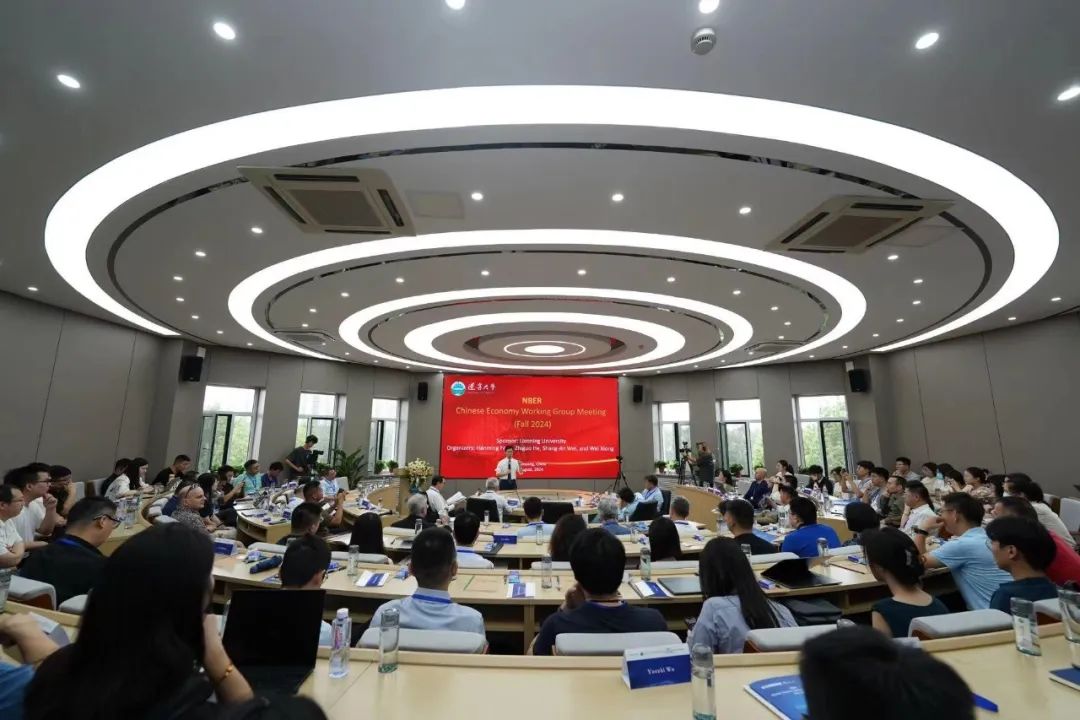
The success of the meeting highlighted the recognition and support of the international academic community of the achievements of Applied Economics at Liaoning University. Through in-depth exchanges and discussion, the participants agreed that this meeting, as a high-level academic feast, played an important role in promoting international academic exchanges and cooperation and understanding China’s economy. Meanwhile, they also agreed that the Northeast China is a good place and that the comprehensive revitalization of the Northeast would soon be achieved.
The meeting was divided into four sections, presided over by Professor Wei Shangjin from Columbia University, Professor Fang Hanming from the University of Pennsylvania, Professor Xiong Wei from Princeton University and Professor He Zhiguo from Stanford University respectively. Professor Yu Miaojie, Deputy Secretary of the CPC Committee and President of Liaoning University delivered a keynote speech.
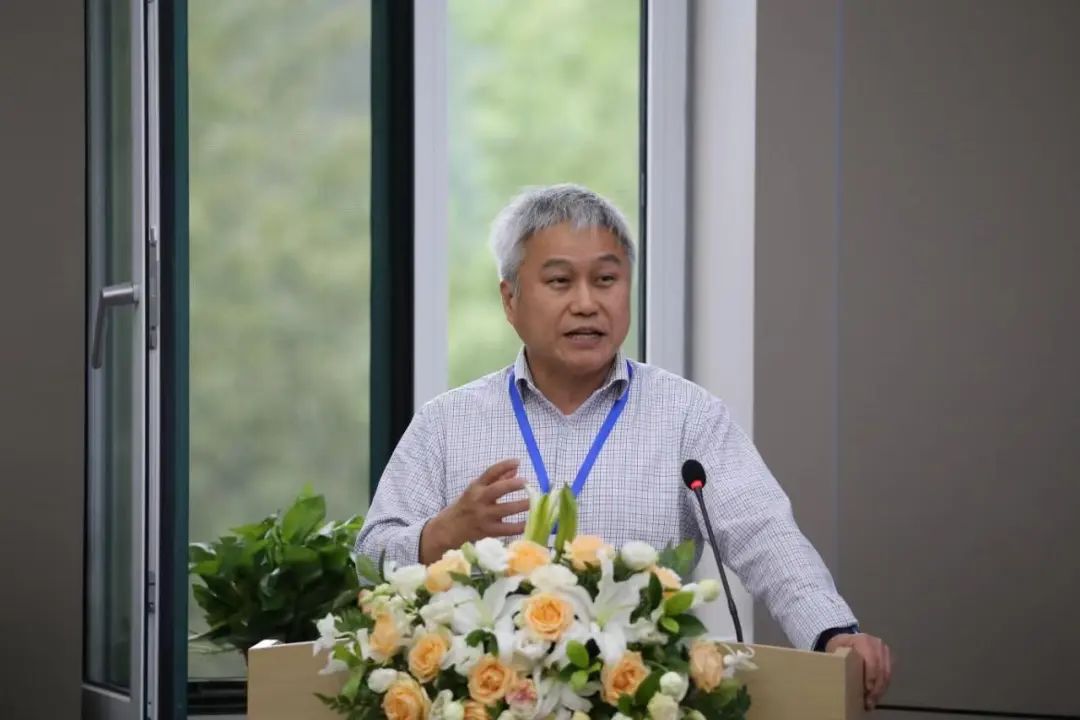
Professor Fang Hanming from the University of Pennsylvania chaired the second section of the meeting. Reports were presented by Professor He Jia from Nankai University, Professor Wolfgang Keller from the University of Colorado, Professor Gao Zhenyu from the Chinese University of Hong Kong, Professor Liu Tong from the Massachusetts Institute of Technology, Professor Dai Ruochen from the Central University of Finance and Economics, and Professor Chen Lei from Southwestern University of Finance and Economics.
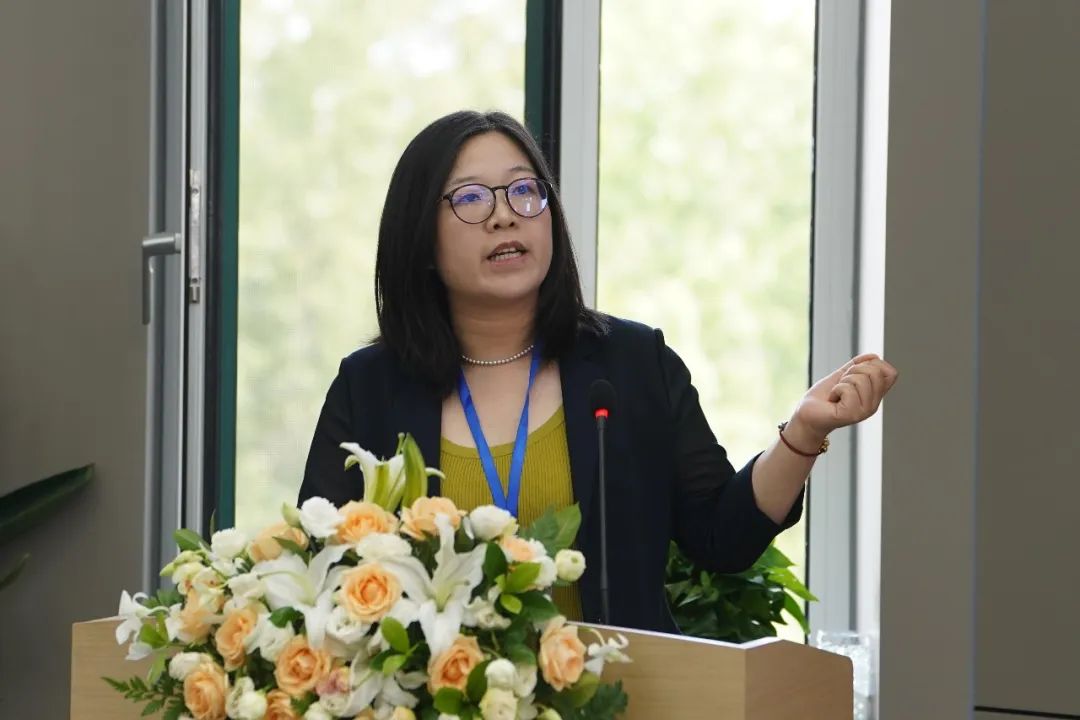
In her presentation titled ‘Regional Power: Consumption Responses to Local Dishonest Judgment Debtors’, Professor He Jia explored how regional financial factors impact consumer behavior, such as the number of dishonest judgment debtors in a consumer’s local area. Utilizing transaction-level credit card consumption data from Chinese commercial banks, the report found that for each 1% increase in the number of local dishonest judgment debtors, consumption decreased by 10.39%. This reduction in consumption exhibited high spatial concentration and immediacy. The mechanism behind this consumption reduction is that local dishonest judgment debtors diminish the demand for credit, leading to decreased local consumption, while mechanisms such as credit supply, personal background risk, and macroeconomic conditions have less impact.

In his presentation titled ‘Mobility through Marriage over Multiple Generations: Evidence from Imperial China’, Professor Wolfgang Keller focused on how marriage shapes social status mobility over the long term. By analyzing genealogical data from the 16th to the 19th centuries in Tongcheng, Anhui, the report found that marriage is a significant factor in social mobility beyond the elite class. Firstly, in terms of social mobility, the role of marriage is almost identical to that of the original family; when considering multiple generations, the marriages of grandparents also play an important role. Secondly, for two brothers with similar initial endowments, differences in marriage can account for 50% of the differences in their future development. Therefore, ignoring the impact of marriage may lead to an overestimation of the role of the original family in social mobility, as marriage also contributes to sustained social mobility.
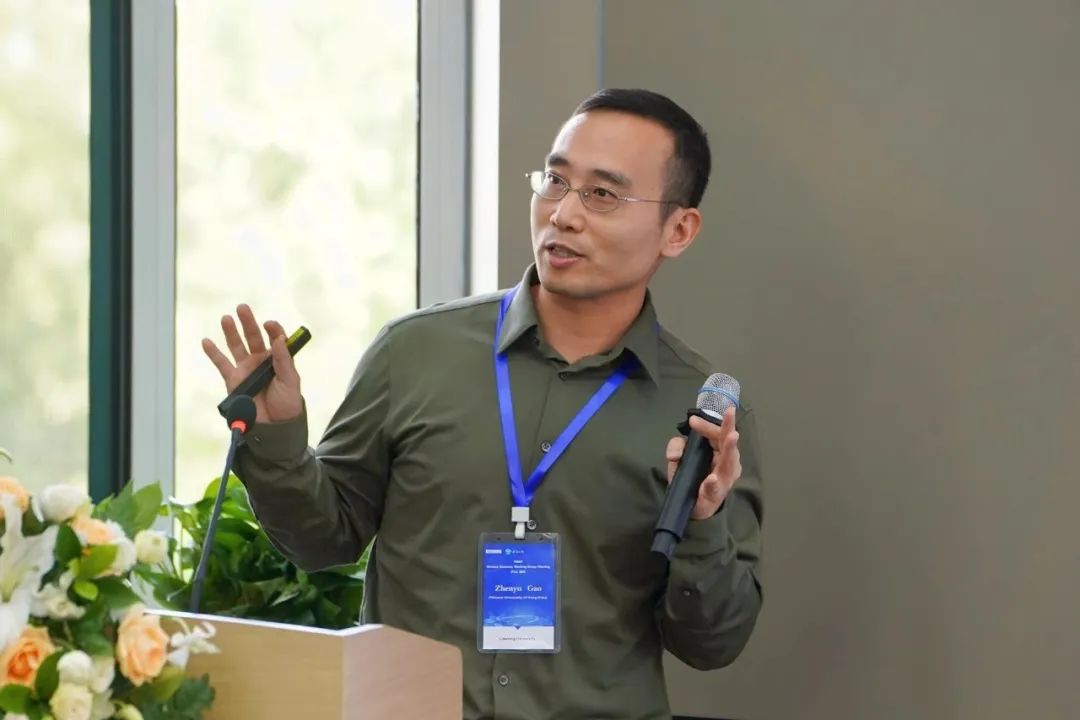
In his presentation titled ‘Socially Green Nudges: Unveiling the Power of Peer Influence on Green Choices’, Professor Gao Zhenyu explored how social interactions influence environmental behavior and green investment using data from Alibaba Group’s ‘Ant Forest’ and ‘Ant Partners’. The report found that social interactions promote choices related to low-carbon living and environmental investment, playing a key role in shaping individual environmental behavior. Moreover, compared to positive social interactions, negative social interactions have a stronger effect in driving individuals to make sustainable decisions in their daily lives and investments.
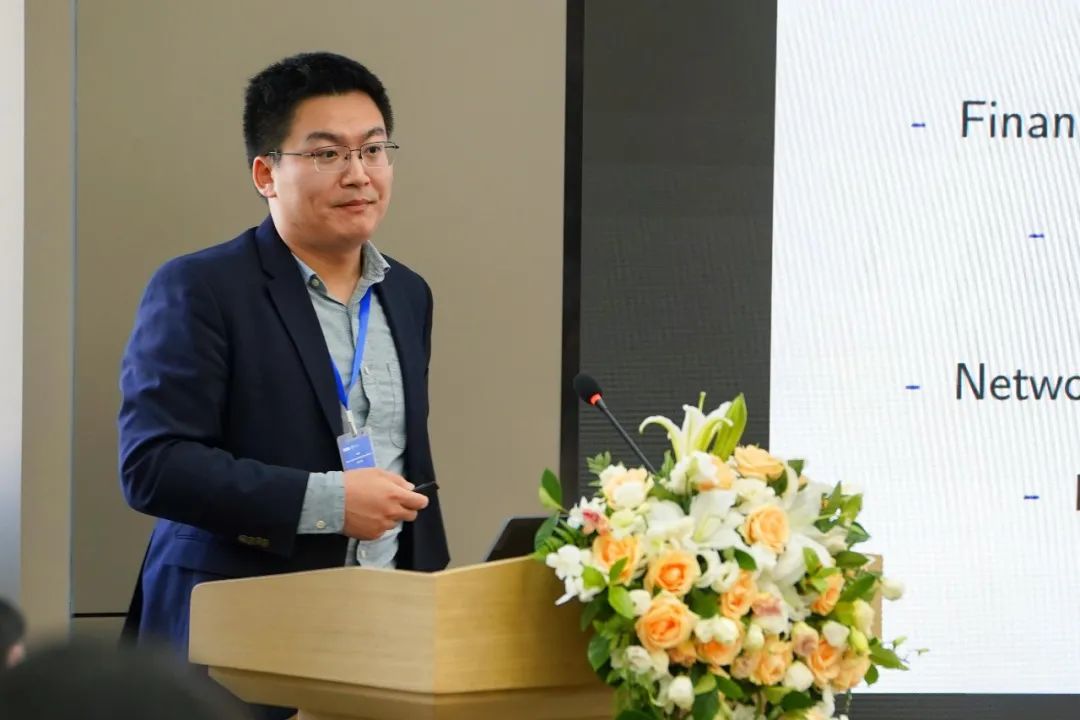
In his presentation titled ‘Learning by Investing: Entrepreneurial Spillovers from Venture Capital’, Professor Liu Tong studied how venture capital impacts the entrepreneurial outcomes of individual limited partners. Using data from entrepreneurship and venture capital in China, the report found that individual limited partners contributed 50% of the capital in the venture funds they participated in, and 50% of these individual limited partners were themselves entrepreneurs. The empirical results showed that partners with successful entrepreneurial experience tend to invest in more entrepreneurial projects, which are often high-tech companies with greater innovation activities. The study indicates that venture capital provides individual limited partners with a crucial channel for acquiring experience and knowledge.
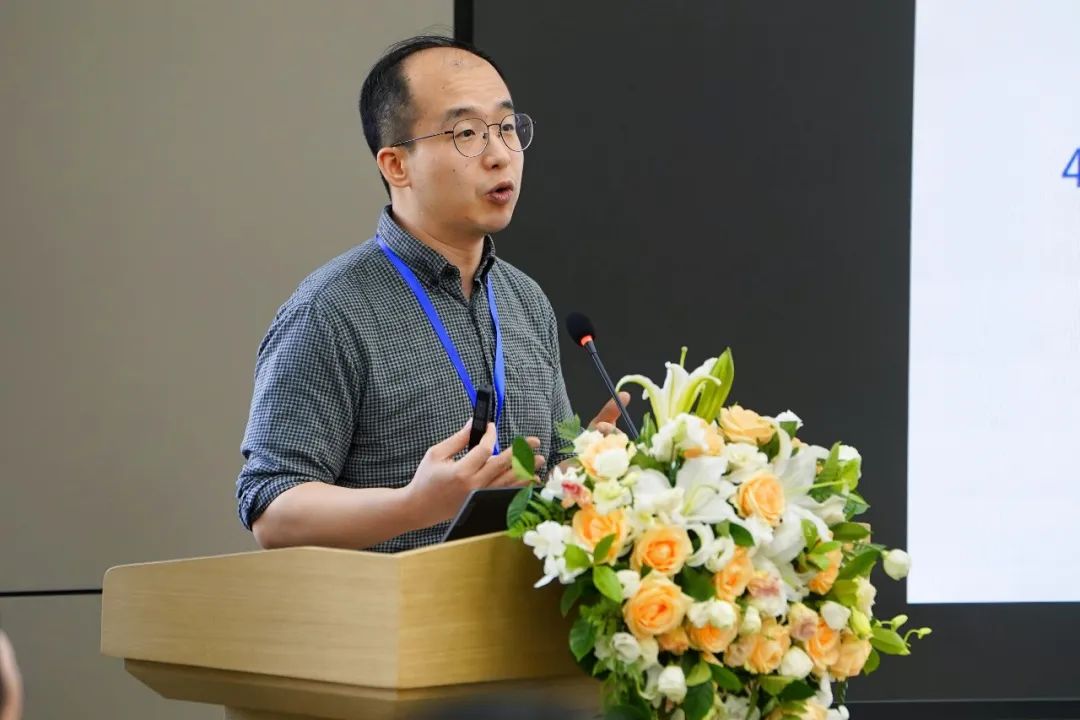
In his presentation titled ‘The Anatomy of Chinese Innovation: Insights on Patent Quality and Ownership’, Professor Dai Ruochen examined the development of patents in China from 1985 to 2019. The report used a large language model to extract information about the importance of patents from patent abstracts and categorized patent ownership based on a comprehensive database of business registrations. The report had four main conclusions: firstly, the importance of patents decreased on average from 2000 to 2010 but has started to recover recently; secondly, China’s private enterprises have played a dominant role in the growth of patents, while the influence of overseas patent holders has gradually weakened; thirdly, the dependence of patent holders on foreign knowledge has significantly decreased year by year; finally, although the technical composition of Chinese and foreign patents has become more similar, the analysis of the similarity of patent abstracts within specific technical categories shows that there are still differences in the importance of Chinese and foreign patents.
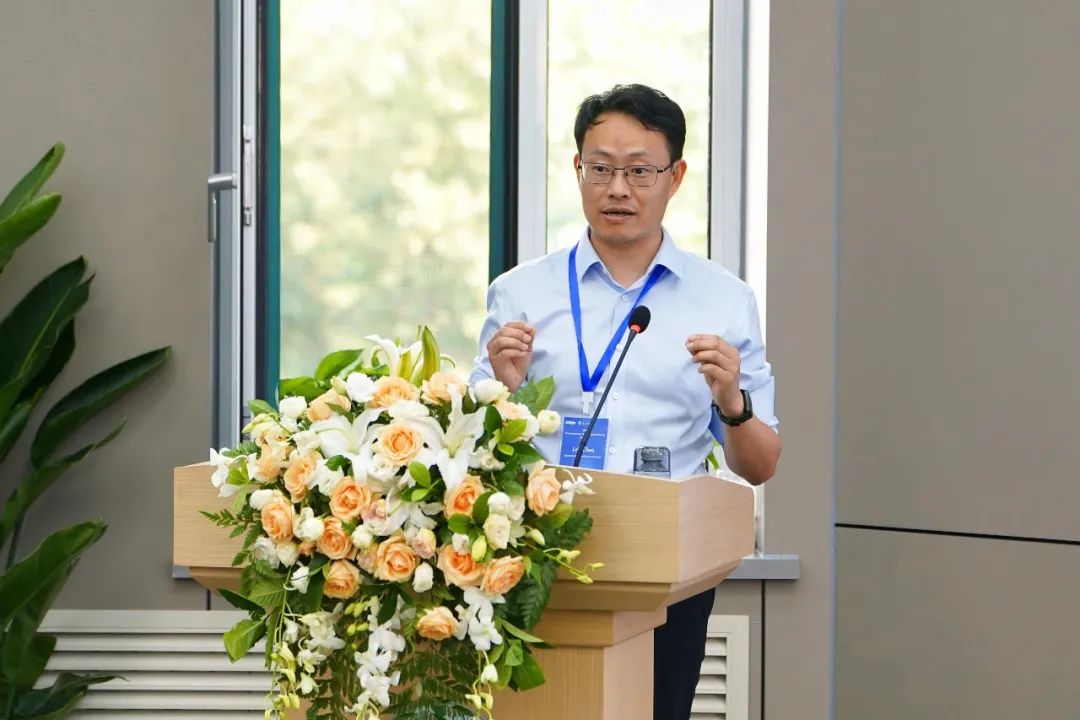
In his presentation titled ‘Deciphering the Impact of BigTech Consumer Credit’, Professor Chen Lei found that over the past decade, large technology companies (BigTech) have increasingly entered the credit market, integrating lending services closely with their core business ecosystems. In this context, the report explored how BigTech’s credit services affect user consumption patterns on e-commerce platforms and found that users with access to credit experienced a 19% increase in monthly spending. This increase was mainly due to higher purchase frequencies, including more frequent visits and a higher tendency to convert visits into purchases, rather than an increase in the amount spent per order. The impact of credit on consumption was particularly notable for users who had difficulty obtaining traditional bank credit, were less active on e-commerce platforms, or lived in areas with well-developed e-commerce logistics infrastructure. This highlights the role of BigTech companies in financial inclusion and the synergistic effect between their lending services and ‘rejection inference’ technology. Additionally, credit users showed a stronger inclination towards diversified consumption, buying a wider variety of products and brands. Although credit had a significant impact on consumption, the study found no evidence that BigTech credit led to overconsumption, as it did not result in higher spending on non-essential items or more expensive goods. The research also indicated that higher consumption growth or larger credit limits did not lead to higher default rates.
The attendees showed great interest in the researchers’ studies, posing numerous questions and suggestions, and engaging in in-depth discussions, creating a lively atmosphere at the event.
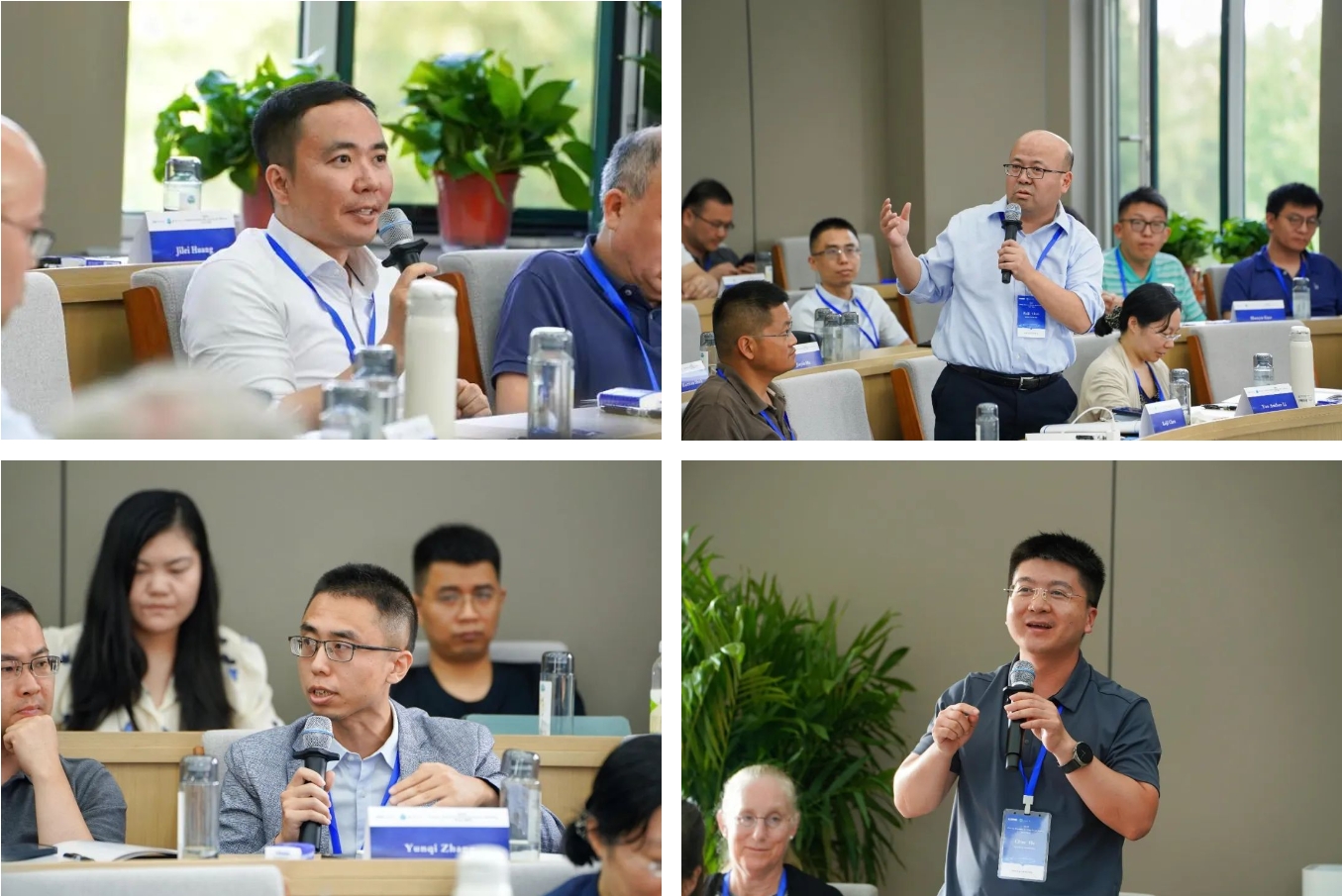

The meeting was hosted by Liaoning University and organized by the Division of Economics and the School of Finance and Trade. More than 150 participants, including faculty members, students from various departments of Liaoning University’s School of Economics, and scholars from other institutions who came in response to the event, attended the meeting.
